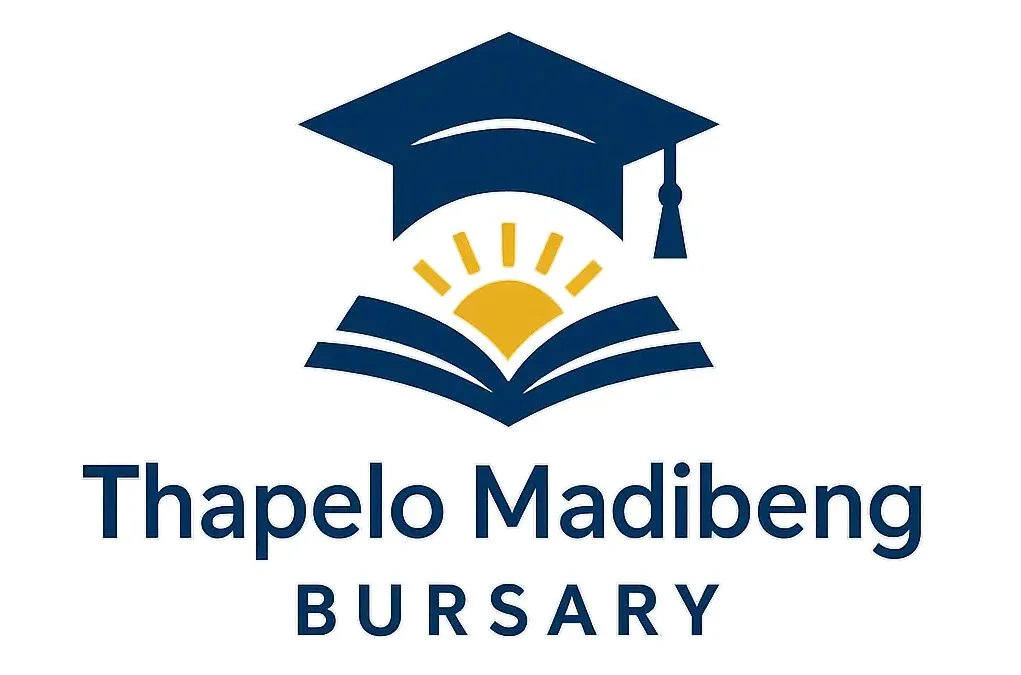Want a scholarship to level up your teaching career in South Africa?
The Construction Education and Training Authority (CETA) is looking for TVET (Technical and Vocational Education and Training) and CET (Higher Certificate in Education) lecturers who want to study further and earn a better degree in the construction and built‑environment fields. If you’re a lecturer already working in a TVET or CET college, especially in subjects like civil engineering, electrical engineering, or construction management, this is a chance to get paid for your studies from 2026 until you finish. The deadline to send your application is 17 November 2025 at 23:59.
What the Bursary Is
CETA will award 30 bursaries to TVET lecturers and 20 bursaries to CET lecturers. The money will cover tuition and related costs for advanced courses that improve your knowledge and teaching skills. The goal is to raise the quality of learning for students in construction, civil engineering, and other built‑environment subjects across South Africa.
Who Can Apply and What They Need
1. Current job status
You must be a lecturer at a TVET or CET college that is officially registered with the Department of Higher Education and Training (DHET) and the Council for Higher Education (CHE). The role should match one of CETA’s key areas, so if your teaching is about STEM or the built environment, you’ll be in a good spot.
2. Citizenship
Only South African citizens or permanent residents who have naturalised can apply.
3. Age and career timing
You need to be working‑age and have enough years left before retirement to finish the programme you choose. The bursary supports studies that start in 2026, so you should be ready to begin then.
4. Study plans
You must already have an offer or be enrolled in a higher‑education programme that starts in 2026. The programme can be an advanced diploma, an honours degree, a master’s, or a PhD that is linked to construction, engineering, or a related STEM field.
What Types of Courses Are Covered
- Advanced Diploma or Honours in Education with a focus on construction, engineering, or built environment.
- STEM‑related degrees that help you work in or support construction or built‑environment subjects, at the honours, master’s or PhD level.
- Civil Engineering, Electrical Engineering and Construction Management courses get special priority.
What You Must Send
- Proof of your job – a recent letter or statement from your college confirming you’re a lecturer.
- A copy of your South African ID that is no older than six months.
- Proof of registration or admission into the course you plan to take.
- Your latest academic transcript or results from your current studies.
- Proof that you live in South Africa – a utility bill or similar document.
All documents should be clear and easy to read. Make sure each is in the correct format so CETA can check them quickly.
How to Send Your Application
Put together a single email that contains your application and all the documents listed above. Use a clear subject line:
- For TVET bursaries – 2026TVETLecturerBursaries
- For CET bursaries – 2026CETLecturerBursaries
Send the email to: ceta@ceta.org (replace with the actual email if different).
Before you hit send, double‑check the date and time – the final minute is 23:59 on 17 November 2025. If you miss this, you’ll have to wait for the next round.
Why You Should Apply
If you love teaching and want to deepen your knowledge in construction or engineering, a bursary will let you study without worrying about costs. It also puts you on the path to becoming a more skilled instructor, which benefits the students you help. The bursary is a chance to grow your career while staying in your current job, so you can keep earning and learning at the same time.
Next Steps
- Check the CETA website for more details about each course and the exact application process.
- Gather your documents and make sure they are up‑to‑date.
- Draft your email with the right subject and attach everything neatly.
- Send it before the deadline and keep a copy for your records.
This could be the first step to a higher qualification and a brighter future in your teaching career. Good luck, and remember – the deadline is fast approaching!

